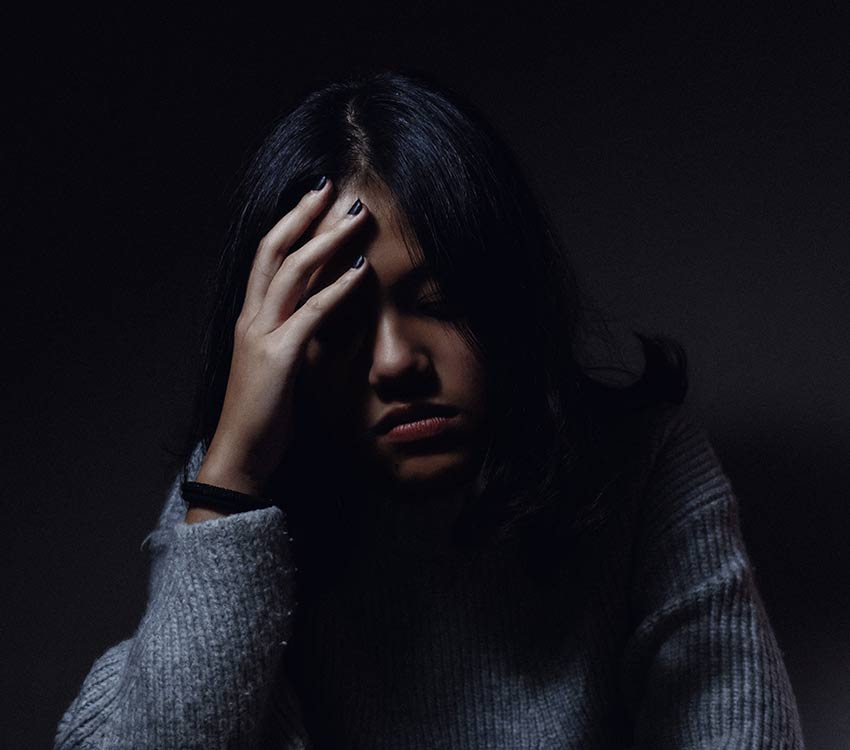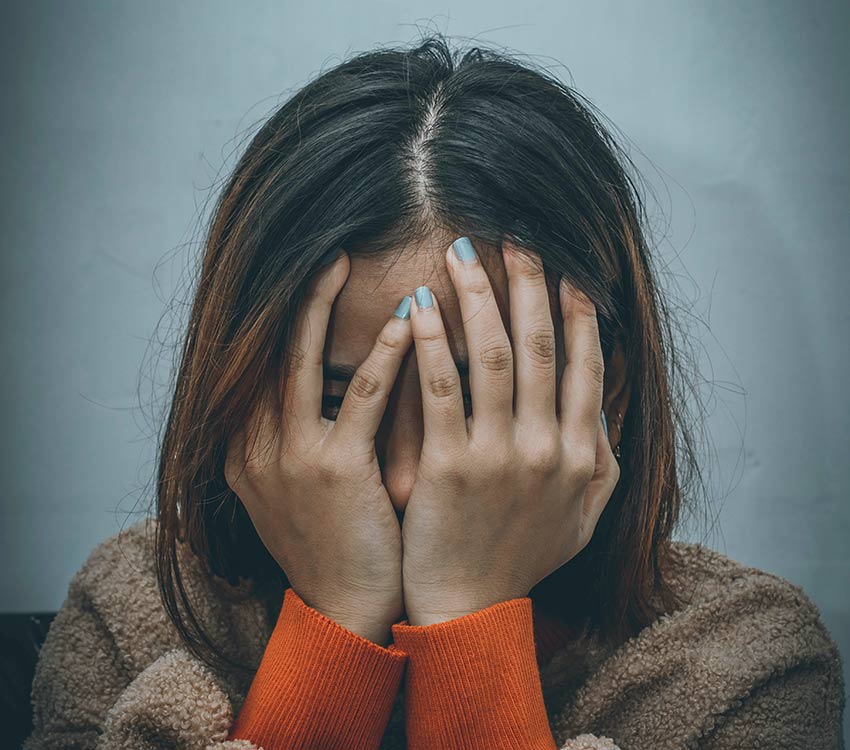Primary Author: Marisa Valentino | Secondary Author: Shatika Smith, NP Psychiatry
BIPOC Mental Health Month takes place in July and raises awareness for the unique mental health challenges and needs of underserved racial and ethnic groups in the United States.
Challenges in Receiving Treatment
Mental health conditions don’t discriminate. Nearly one in five Americans experience mental illness in a given year. Although different racial groups have similar rates of mental health conditions, there is a glaring disparity in access to mental healthcare.
According to the National Alliance on Mental Illness, 13.9% of Asian Americans, 17.3% of Black Americans, 18.7% of Native Americans, and 22.6% of White Americans reported living with a mental health condition in 2020. Those belonging to two or more races reported the highest percentage of mental health conditions at 35.8%.
- Less likely to have access to mental health care
- Less likely to seek treatment
- More likely to receive poor quality care
- More likely to end treatment early
These challenges can result from various factors, including socioeconomic disparities, cultural stigma regarding mental illness, unequal care, and provider bias.
Socioeconomic Disparities
Historical adversity has caused socioeconomic disparities in BIPOC communities, including exclusion from economic, educational, social, and health resources. These disparities can worsen mental health outcomes.
Socioeconomic factors greatly influence treatment accessibility. The high cost of mental health care can be prohibitively expensive. These services are even more costly for those without insurance. In 2020 Hispanic Americans had the highest uninsured rate (18.3 %), followed by Black Americans (10.4 %) and Asian Americans (5.9 %). In the same year, only 5.4 % of Non-Hispanic White Americans were uninsured.
Cultural Stigma
Mental health stigma is pervasive in the United States. It can be especially prevalent in the Black community. Although attitudes and beliefs vary, research shows that many African American adults believe mental health issues can be attributed to personal weakness. As a result, those suffering may be discouraged from seeking help and feel shame about their mental health condition.
Inequality of Care and Provider Bias
BIPOC individuals encounter a broad spectrum of historical and ongoing racism and discrimination in this country, even in the mental health care system. Provider bias and a lack of cultural competency can result in inadequate treatment and misdiagnosis. For example, African American individuals are more likely to be misdiagnosed with schizophrenia spectrum disorders and are less likely to be offered antidepressant therapy–even when they have access to insurance. This can ultimately lead to a mistrust of mental health professionals discouraging many from seeking treatment.
Not to mention BIPOC mental health care professionals only account for 16% of the overall psychology workforce. Many BIPOC individuals want to share their struggles with someone who understands their experience as a BIPOC.
BIPOC Individuals Working in the Mental Health Space
Joy Harden Bradford, Ph.D.
Dr. Bradford is a licensed psychologist, media personality, author, and podcast host focusing on mental health topics affecting the Black community. She emphasizes the importance of African American women setting boundaries to protect their wellbeing. Dr. Bradford has a widely popular mental health platform called Therapy for Black Girls, which includes a podcast with over 12 million listeners. Her content is dedicated to encouraging the mental well-being of Black women and young girls.
Sutton King
King is an Indigenous rights activist from Green Bay, Wisconsin, and a descendant of the state’s Oneida and Menominee Nations. She strives to make mental health care affordable and accessible for Native Americans. King co-founded The Urban Indigenous Collective (UIC) in 2019. The UIC devotes its advocacy to accessible and affordable wellness and health services.
Jennifer Eberhardt, Ph. D.
Dr. Eberhardt is a social psychologist teaching at Stanford University. She is an expert on the consequences of the psychological association between race and crime. Dr. Eberhardt has thoroughly researched criminal justice, implicit bias, and the education system. Her research is used to educate members of law enforcement to improve policing and establish trust with the communities they serve.
Equity in the Mental Health Industry
There is an immediate need for equity in the mental health industry. The current economic crisis, ongoing pandemic, and recent acts of hate have exacerbated the demand for mental health services. However, these essential services remain out of reach for many Americans, especially in BIPOC communities.
Too many BIPOC individuals are suffering in silence because of obstacles like socioeconomic inequality, stigma, and lack of access to quality care. At ReKlame Health, we aim to make mental health services equitable for everyone. We provide affordable and accessible care with a culturally diverse clinical team devoted to improving the lives of BIPOC.



